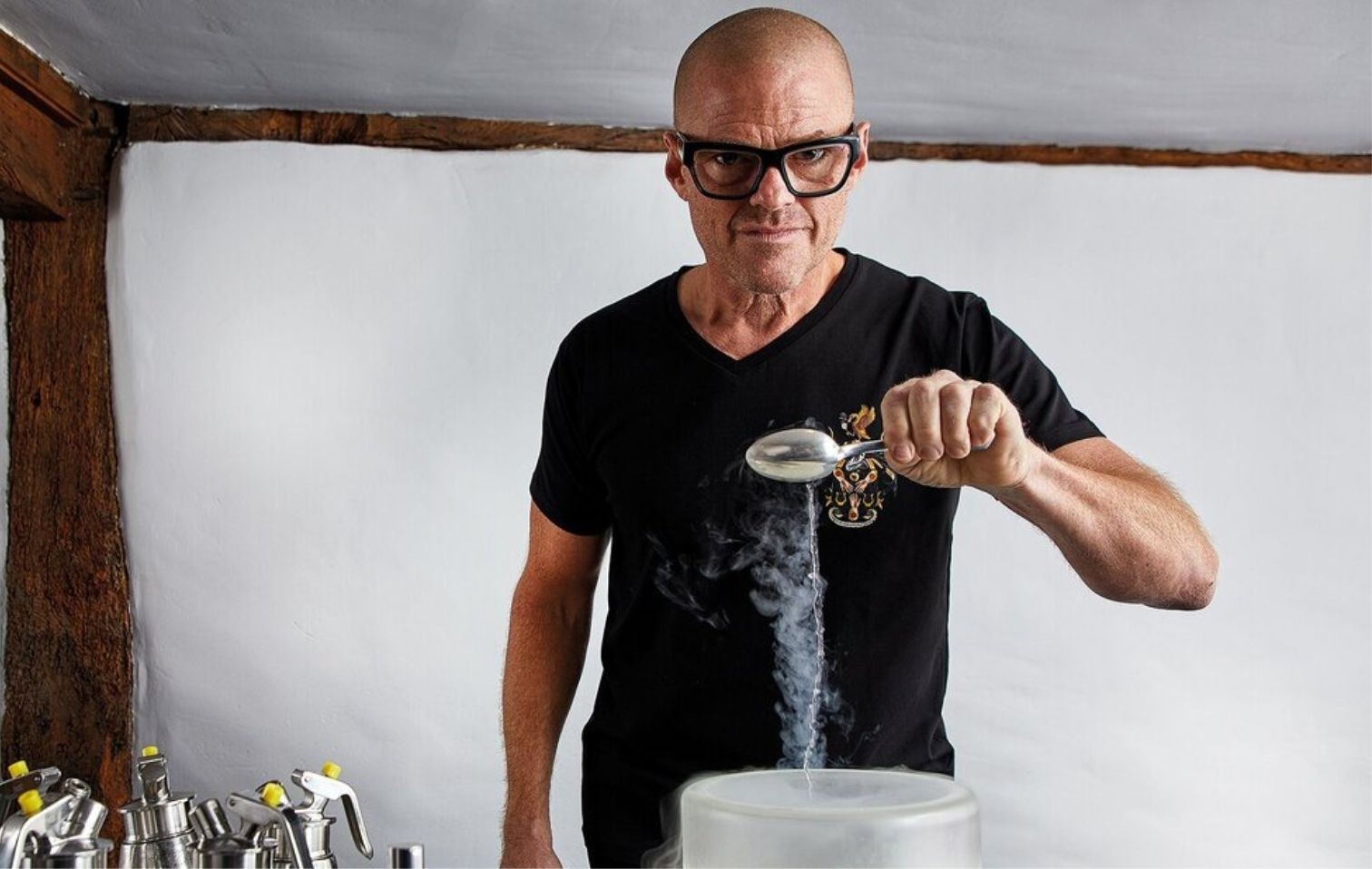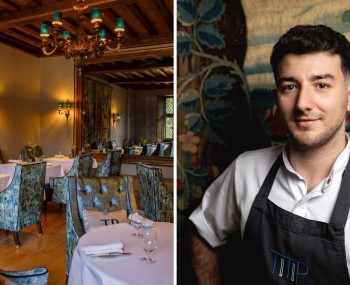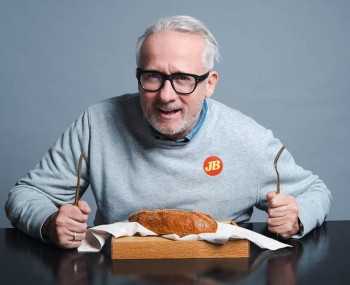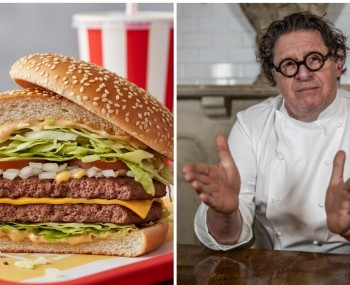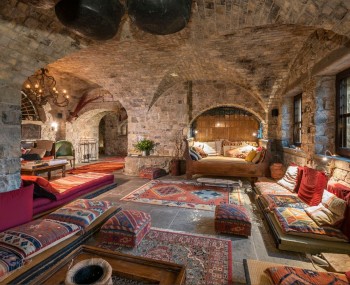A glimpse into mental health of fine dining kitchens: Heston Blumenthal opens up by talking about the difficulty of managing tough and prolonged shifts.
The News
“When reality surpasses fantasy” (because, as Pirandello said, “reality, unlike fantasy, does not bother to be verisimilar because it is true”) could be the trailer to describe this phase of the life of Heston Blumenthal, an emblazoned chef who has turned the spotlight on contemporary British cuisine. In a recent interview with “The Guardian,” Blumenthal revealed that he has not yet been able to watch the award-winning Netflix series “The Bear” - where the extreme lives of those working in fine dining kitchens are chronicled - for fear that his mental stability would be affected. Back in 2017, the chef said he had received a positive diagnosis for attention deficit hyperactivity disorder (ADHD).
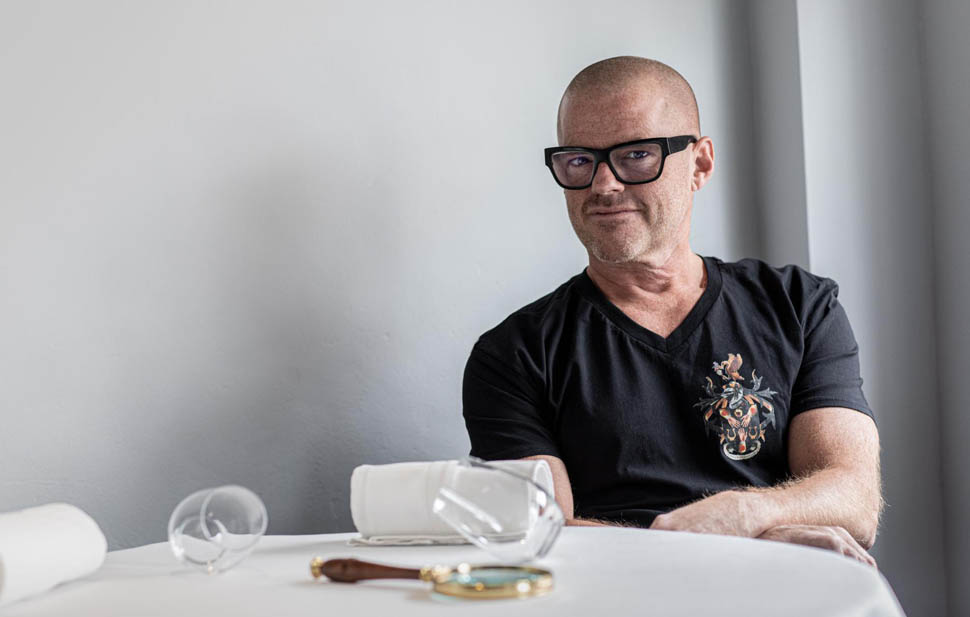
“Those with ADHD are people with extraordinary and incomparable ability; however, because of the traditional way of working they are unable to express the brilliance they could bring to British business. I hope that talking openly about my mental health will raise awareness of the issue, and I want to fight to highlight the contribution that neurodivergence can make in the workplace. The most artistic, innovative and exciting part of my work is because of my neuro divergence; it is my superpower. The world needs to move beyond anachronistic and archaic superstitions about perceived difference to embrace the opportunities afforded by these conditions, “ he said then. This year, however, eight months after he was admitted to a psychiatric clinic, he broke a taboo: that of bipolar disorder. During his hospitalization, in fact, Blumenthal was diagnosed with type 1 bipolar disorder, which is a manic phase potentially followed by shorter depressive periods. The chef now takes medication to stabilize his mood.
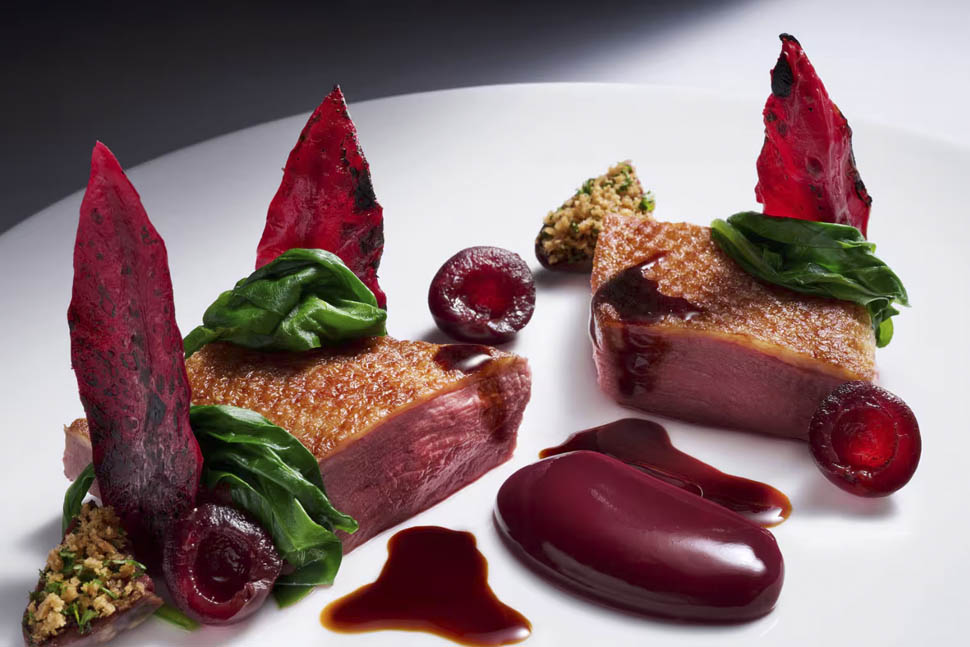
The feedback caused Blumenthal to retrace many stages of his career, coming to reinterpret and decipher many of his past behaviors. “The more I understand what it's all about, the more I can go back and look at my past, I'm gaining self-awareness. For 10 years I worked 120 hours a week because I had no choice. I barely slept 20 hours in a whole week. The restaurant was young, I would get up at five in the morning, go to the kitchen and leave at midnight. Throughout my career I always wanted to love every single person, because everyone is wonderful. I would throw up ideas, then if someone moved even a post-it...bang, I would immediately get angry at the world. It was a constant up and down between creativity and excitement. You can't have one without the other, but my life had become unsustainable. I had become a danger to myself and also a potential danger to the people around me. I'm not talking about physical danger, but emotional danger,” he confides. Given his recently acquired awareness, Blumenthal believes that, today, watching a TV series like “The Bear” can be deeply disturbing.
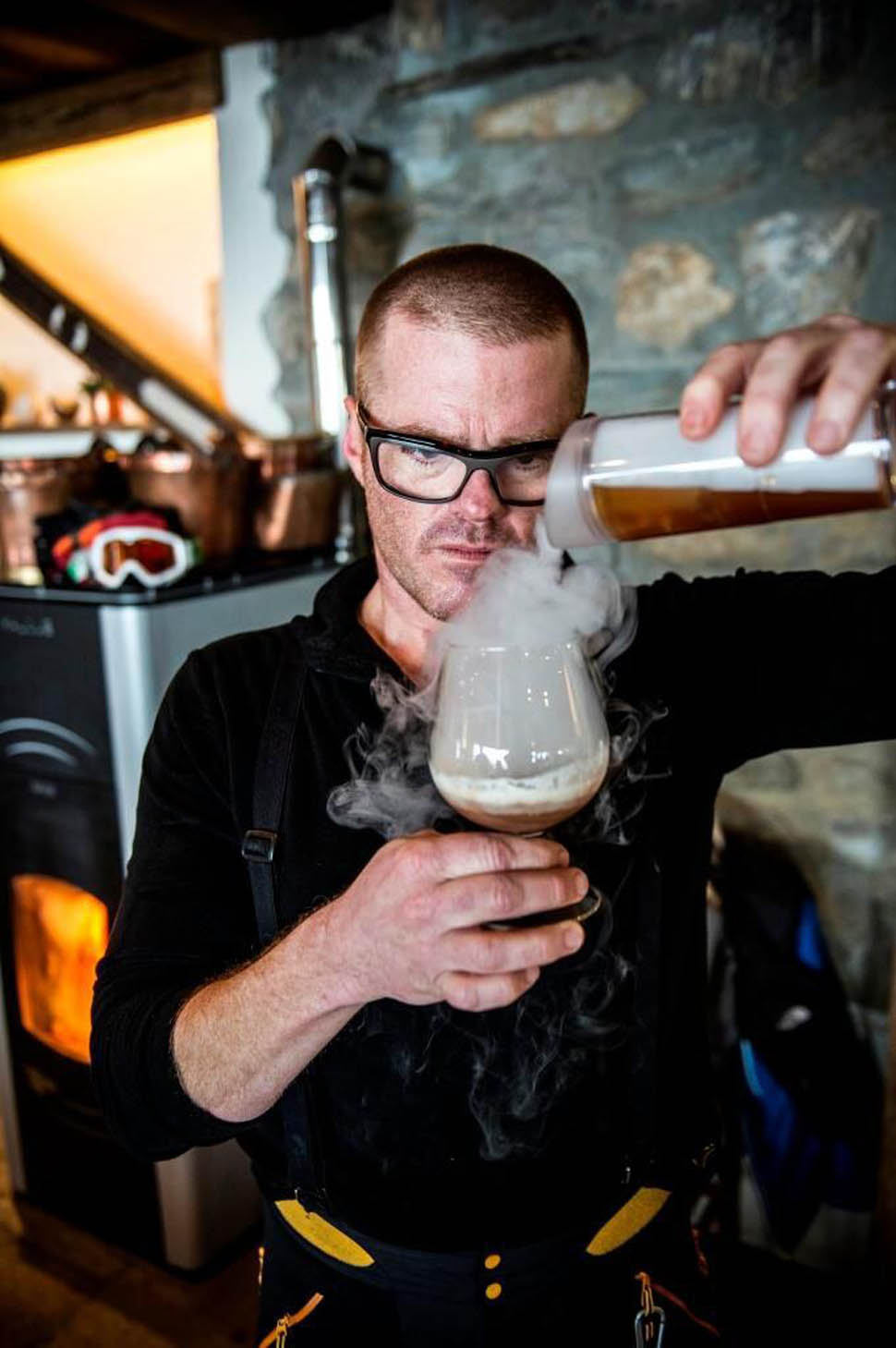
“There are a couple of great chefs I know, friends of mine, who were involved in consulting to make the series; so, I think it's pretty accurate in describing the fine dining world. I hope someday I will be able to watch it; it's too early now.” “Watching such a series I think could be detrimental to Heston's condition at this time," added his wife, Melanie Ceysson. According to the charity Bipolar UK there are 1.3 million people in the UK with the disorder, yet mental health in fine dining kitchens still remains a huge black hole. It is hoped that such a sensitive confidence from a globally recognized chef like Blumenthal - who boasts three Michelin stars, at The Fat Duck, two at Dinner by Heston Blumenthal, one at Hind's Head and Perfectionists' Cafe - will touch the hearts of all those working in the hospitality industry deep down.
